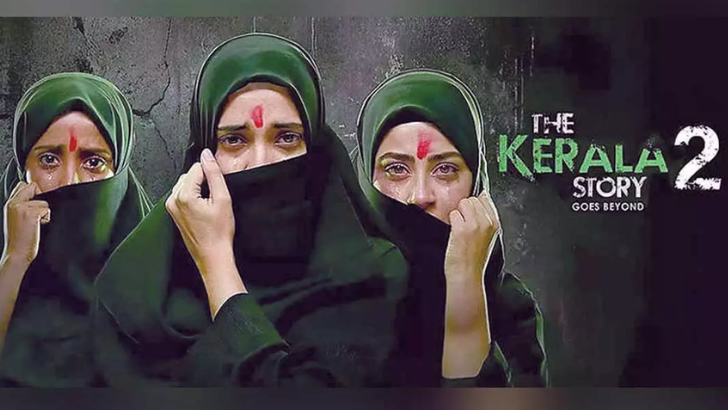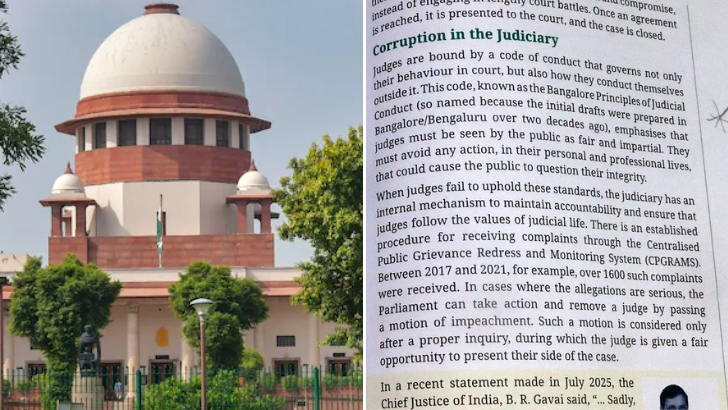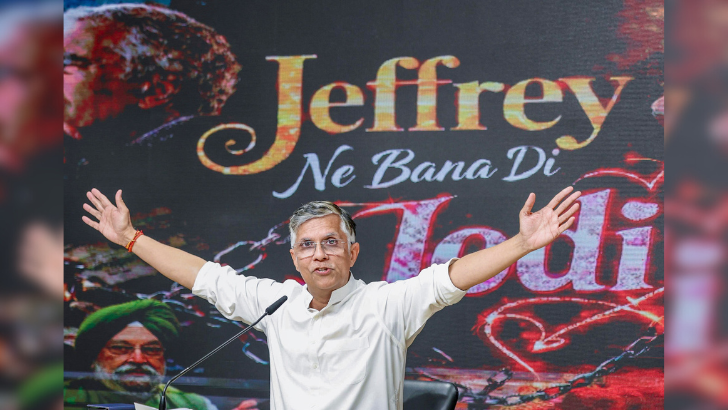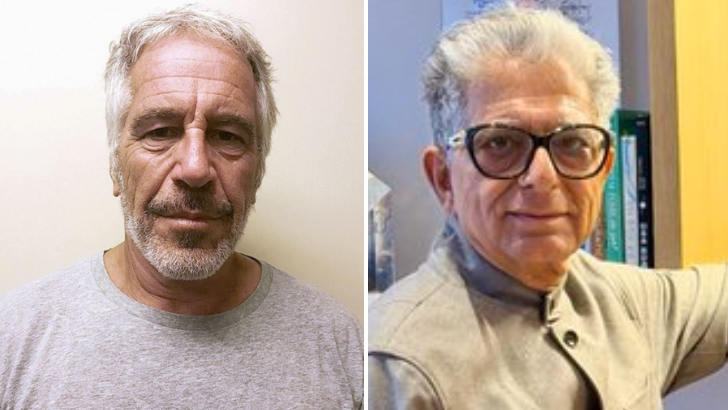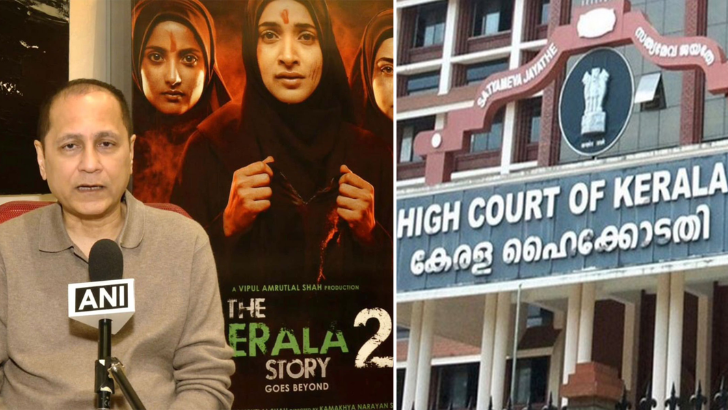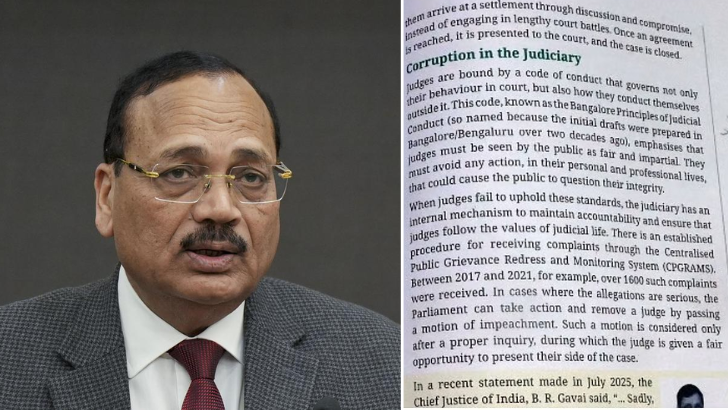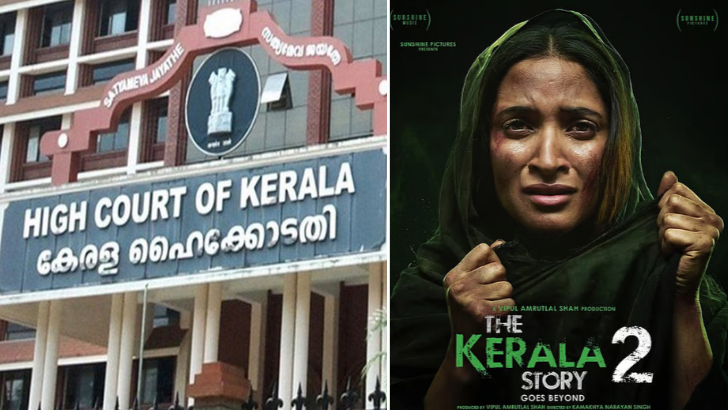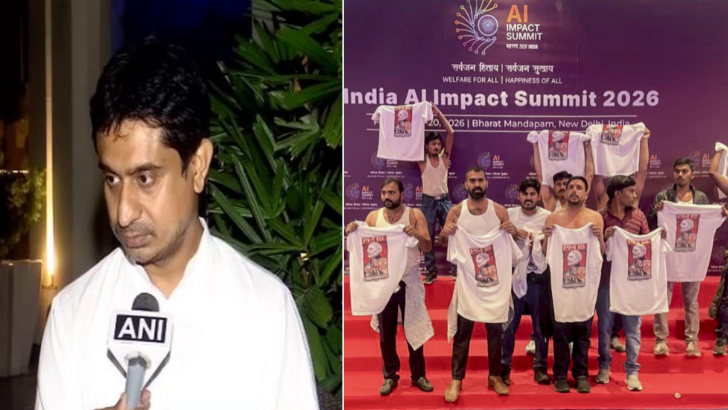One Nation One Election bills introduced in Lok Sabha
Opposition termed the move "dictatorial" and Law Minister Arjun Ram Meghwal asserted that the legislation would not tamper with the powers enjoyed by states
PTI
-
Speaker Om Birla conducts proceedings in Lok Sabha during Winter session of Parliament, in New Delhi on Tuesday. PHOTO: PTI
New Delhi, 17 Dec
Two bills that lay down the
mechanism to hold simultaneous elections were introduced in the Lok Sabha after
a fiery debate on Tuesday, with the Opposition terming the move
"dictatorial" and Law Minister Arjun Ram Meghwal asserting that the
legislation would not tamper with the powers enjoyed by states.
The Constitution (129th Amendment)
Bill was introduced in the Lok Sabha by Meghwal after a nearly 90-minute
debate, followed by a division of votes. As many as 269 members voted in favour
of the Bill and 198 against it.
Meghwal also introduced The Union
Territories Amendment Bill, which seeks to align elections in the Union
territories of Puducherry, Delhi, and Jammu and Kashmir with the Lok Sabha
polls.
He said the proposed bills did not
attack the "basic structure doctrine, as claimed by the opposition".
Principles such as judicial review,
federal character of the Constitution, separation of powers, secular character,
supremacy of the Constitution had not changed, Meghwal said, adding that the
objections to the Bill were political in nature.
Congress member Manish Tewari
opposed the introduction of the bills and termed the move an assault on the
basic structure doctrine that stipulates certain features of the Constitution
are beyond the amending power of Parliament. "One of the essential
features is federalism and the structure of our democracy. The bills assault
the basic structure of the Constitution and exceed the legislative competence
of this House," Tewari, a former Union minister, said.
Samajwadi Party member Dharmendra
Yadav said the measure to introduce "one nation, one election" by the
BJP was an attempt to bring dictatorship in the country.
Union Home Minister Amit Shah said
Prime Minister Narendra Modi had favoured referring the bills to a joint
committee of Parliament for wider deliberations at every level. "Detailed
discussions can take place in the JPC. The report of the JPC will be approved
by the Cabinet. Then again, there will be a discussion on this (bills) in the
House," Shah said.
Meghwal said he would move a
resolution referring the Bills to a joint committee of Parliament.
Earlier, Trinamool Congress member
Kalyan Banerjee said the bills linked the tenure of state assemblies to that of
the Lok Sabha, thus undermining the mandate of the people. "The State
government is not subordinate to the central government or Parliament. The
bills take away the autonomy of the state assembly. It is not an election
reform but just the fulfilment of one gentleman's desire and dream," he
said.
DMK member TR Baalu said, "The
electors have the right to elect the government for five years and this right
cannot be curtailed with simultaneous elections."
The Opposition members also
objected to Speaker Om Birla's move to call the treasury benches to speak on
the bills, leading to a heated debate.
Parliamentary Affairs Minister
Kiren Rijiju said the speaker had given a ruling to allow floor leaders of all
parties to speak on the introduction of the bills. "You alone do not
represent Parliament, every political party has a representation here,"
Rijiju said.
BJP allies the Telugu Desam Party
(TDP) and the Shiv Sena extended "unwavering support" to the election
reform measure.
TDP member and Union minister
Chandra Shekhar Pemmasani said "one nation, one election" would
reduce expenditure on polls and enhance logistical efficiency.
Shiv Sena member Shrikant Shinde
hit out at the opposition, saying they were allergic to reforms.
The DMK's Baalu and NCP (Sharadchandra Pawar) member Supriya Sule favoured referring the bills to a parliamentary committee, if they could not be withdrawn. "This Bill is aimed at maximising political gain and convenience. This Bill will finish off regional parties," All India Majlis-e-Ittehadul Muslimeen (AIMIM) leader Asaduddin Owaisi said.
Also Read | Union Cabinet approves One Nation, One Election bill
Leave a Reply
Your email address will not be published. Required fields are marked *








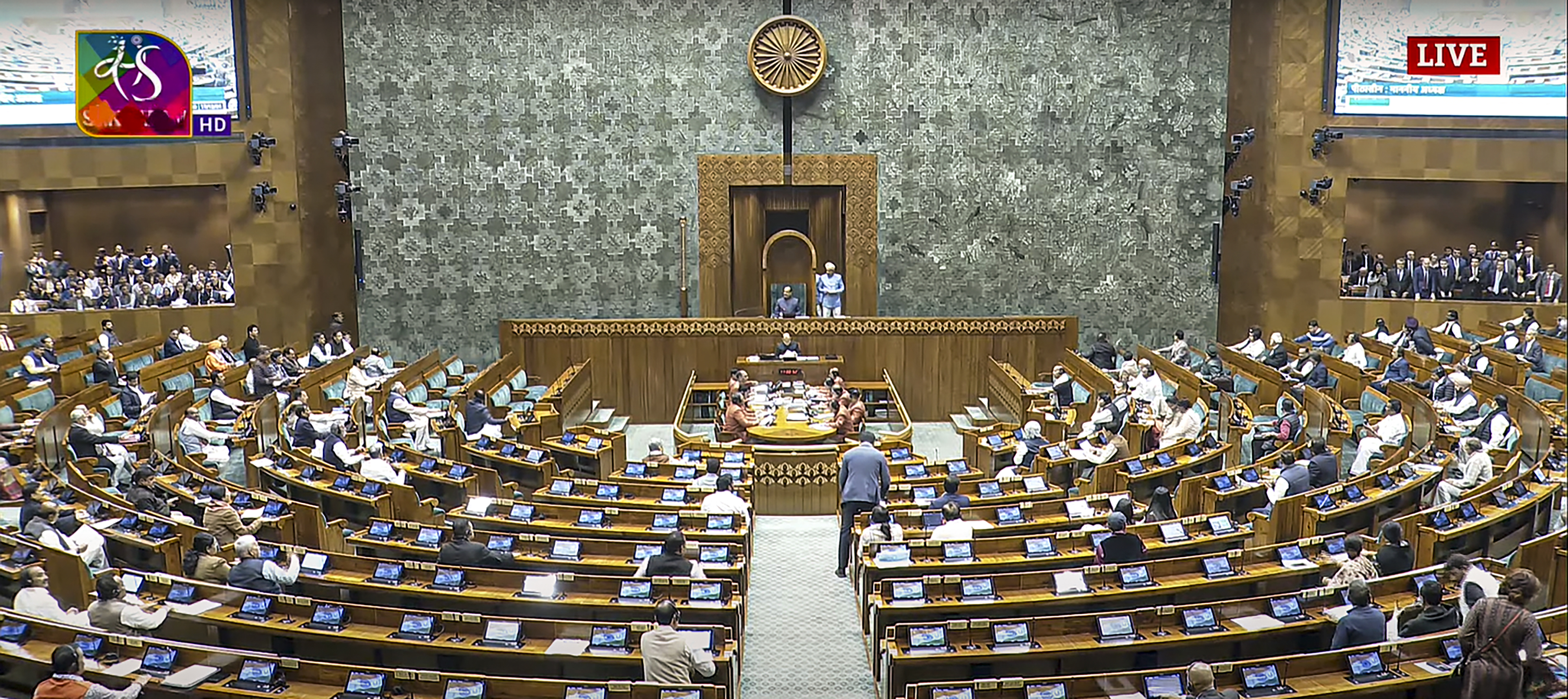

.png)
